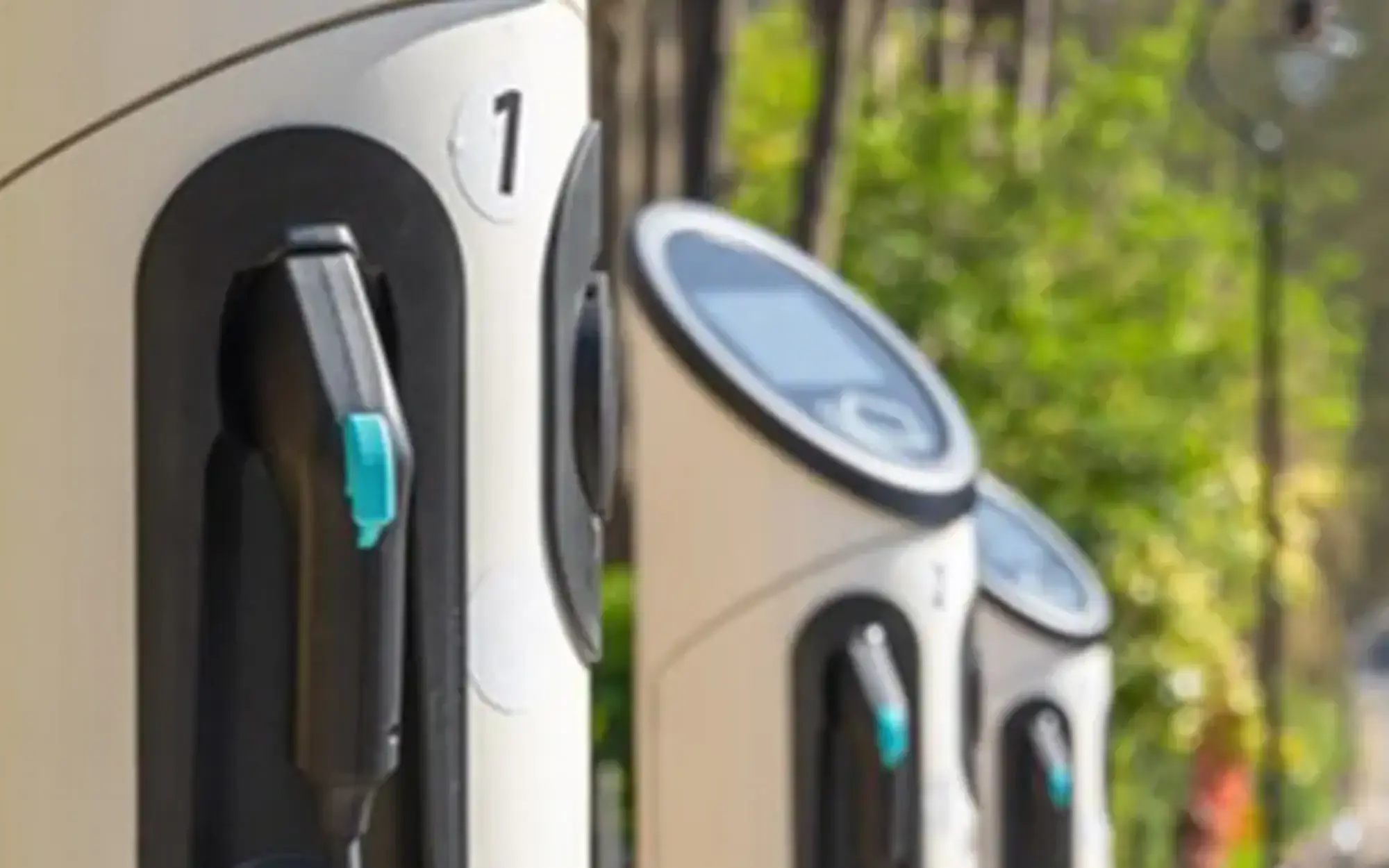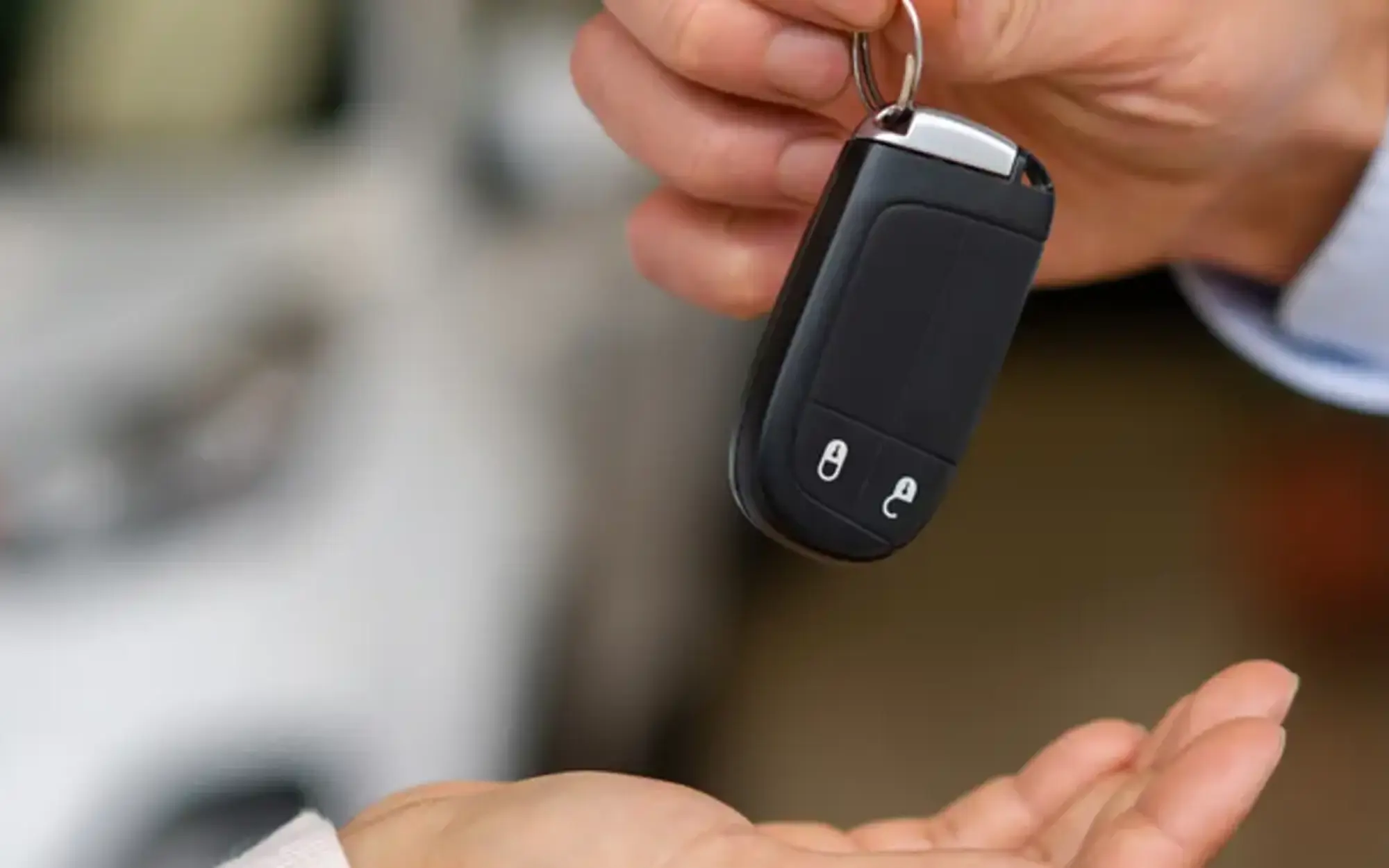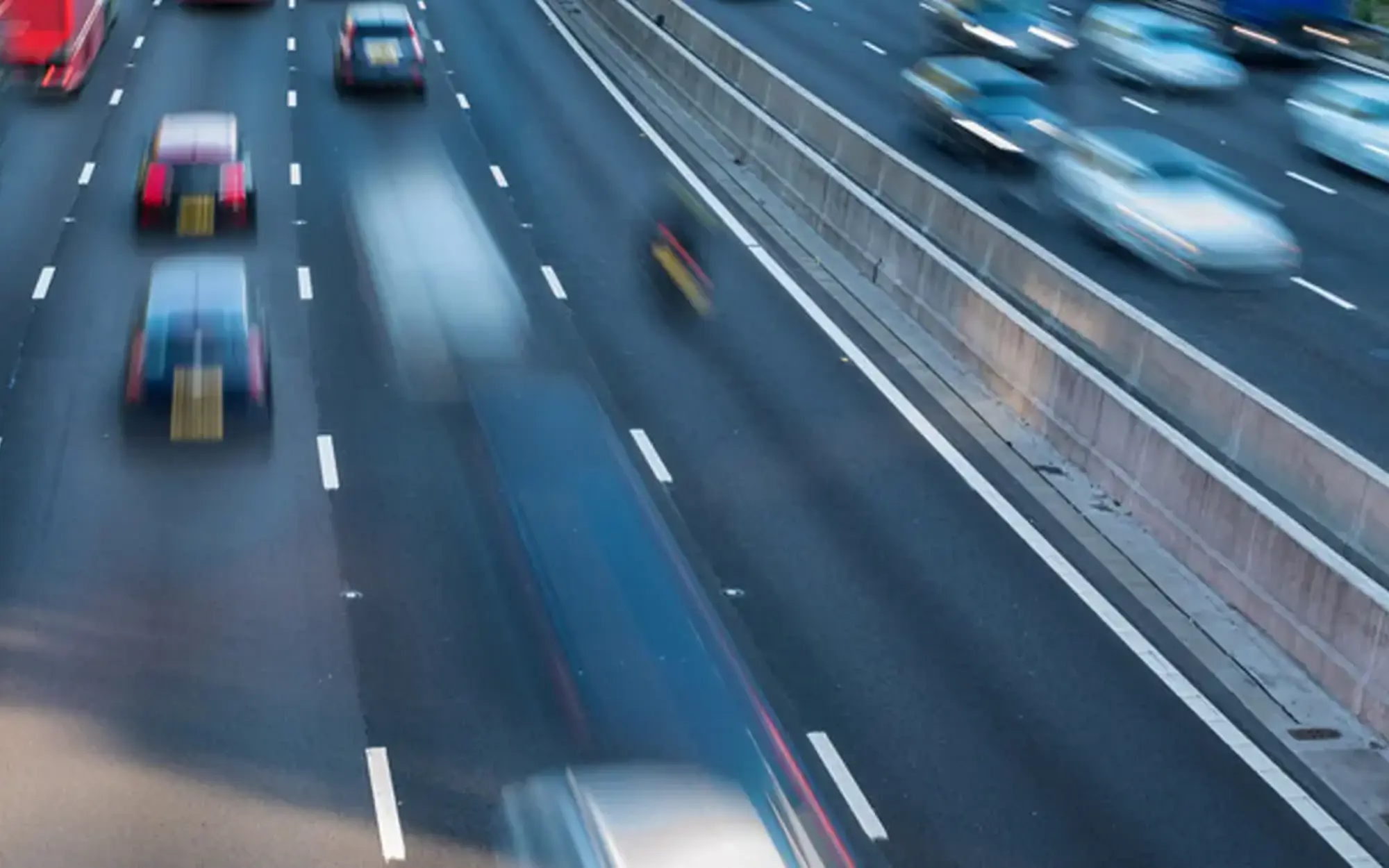
Personal cars for business
Learn how you can use your personal car for business and how to submit your taxes.
Using personal cars for business and its capital allowances
A lot of business professionals use their personal cars for business-related activities. When this happens it opens up the possibility of being able to claim capital allowances. This can help with reducing your taxable income. RAC Business Breakdown cover can also reduce your taxable income by acting as a business expense. Improving the financial efficiency of using your personal cars for business.
Using personal cars for business
Pros and cons
Using your personal car for business activities can offer a lot of pros. It can be more flexible and convenient as it allows you to manage your schedules more efficiently. However, it can make finances a bit more complicated. The costs for fuel, maintenance and insurance can be higher acting as a business. But these can all be claimed as a business expense against your taxable income.
Compliance and reporting
When using a personal car for business purposes, it is important to comply with HMRC regulations. You have to tell HMRC how much you use the car for business. Keeping an accurate record of your mileage with any receipts for fuel and maintenance. This will support your claim for capital allowance and make sure that everything is in line with HMRC guidelines. If you do not do this properly you could lose your tax benefits for using a personal car for business.
Get peace of mind with your fleet.
Understanding capital allowances
Basics of capital allowances
Capital allowances are a form of tax relief for businesses which is applied when buying assets. For tradespeople, it is really important to understand how capital allowances can be beneficial to you. These allowances me you can write off the cost of a car against your taxable profit.
Types of capital allowances
For personal cars used in business, there are several types of capital allowances to consider. The main types include the Annual Investment Allowance (AIA), Writing Down Allowance (WDA), and First Year Allowances (FYA). The specific allowance applicable depends on factors like the car's CO2 emissions and the date of purchase. For instance, low-emission or electric cars might be eligible for 100% FYA, offering large tax savings.
For more details on these allowances and how they apply to business car use, you can refer to the HMRC guidelines.
Claiming expenses for RAC Business Breakdown Cover
Acting as a deductible business expense, RAC Business Breakdown Cover can reduce your taxable income. It also has a range of benefits including roadside assistance, towing, on-the-spot repairs and alternative transport. Causing minimal disruption to your business covering unexpected repair costs and maintaining your vehicle's health.
Found this useful? Join our Business Newsletter to stay in the loop.
Making the best use of your personal car for business
Using a personal car for businesses and combining by utilising capital allowances can benefit your finances as a business. Adding RAC Business Breakdown Covers adds to reducing your taxable income further as well. This shows the importance of smart financial planning in using your personal assets for business gain.

Get in touch
Prefer to speak to one of our team? No problem, enquire below or give us a call on 0300 159 0361
Get a quote
Build your cover now to get a quote in minutes.
For our most up to date pricing, click get a quote below to build your cover.
Business Breakdown Cover
Keep your business moving
Pay monthly from £11.00 per vehicle – exclusive to the RAC
Business tax related articles
Vehicle tax FAQs
Self-employed individuals can claim various vehicle and travel expenses including vehicle insurance, repairs, fuel, parking, hire charges, vehicle license fees, breakdown cover, and fares for business travel. However, non-business driving or travel costs, fines, and travel between home and work are not claimable.
You can use a flat rate per mile for calculating vehicle expenses. This simplifies the process as you don’t need to account for the actual costs of buying and running your vehicle. We have a useful article that includes the rates for different vehicles which you can apply to the first 10,000 miles and a reduced rate beyond that.
Yes, you can claim capital allowances on cars used in your business. This means you can deduct a part of the vehicle's value from your profits before paying tax. The type of allowance you can claim depends on the car's CO2 emissions and the date of purchase.
RAC Business Breakdown Cover can be claimed as a tax-deductible expense, which can reduce your overall taxable income. This makes it a financially efficient option for sole traders seeking to optimize their tax positions.
Yes. HMRC states that breakdown cover acts as a business expense.




